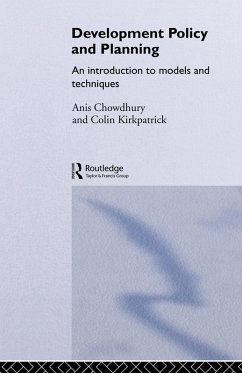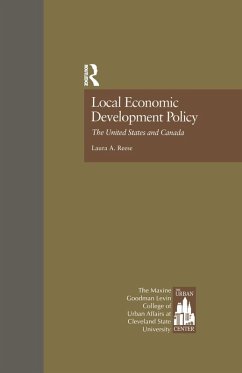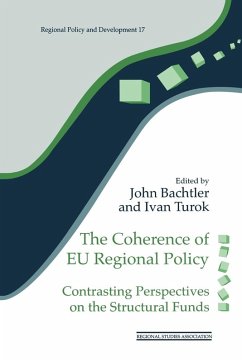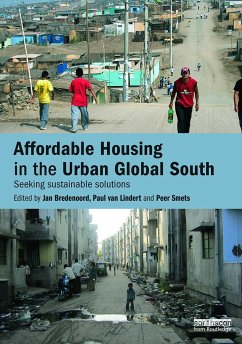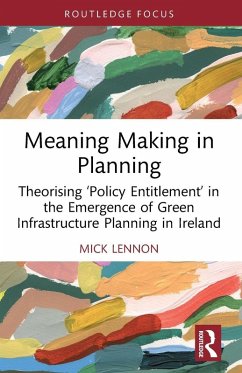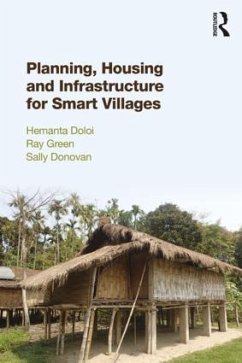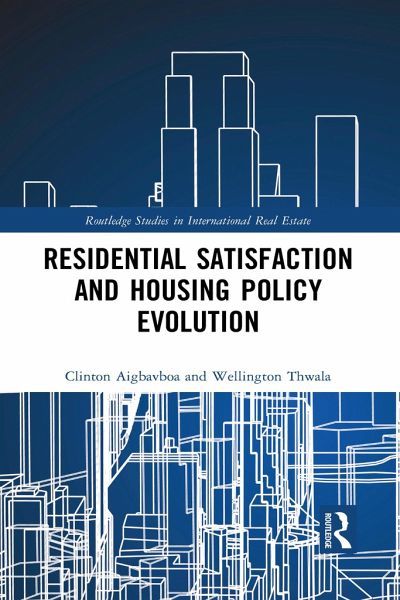
Residential Satisfaction and Housing Policy Evolution

PAYBACK Punkte
31 °P sammeln!
This book explores residential satisfaction and housing policy trends in developing nations by using subsidised low-income housing examples in South Africa, Ghana and Nigeria as case studies. While there has been much documentation on the formation of residential satisfaction and the evolution of housing policy in developed nations, relatively little has been written about these topics in developing nations. This book provides readers with two major practical insights: The first is focused on the theoretical underpinning of residential satisfaction and the formation of residential satisfaction...
This book explores residential satisfaction and housing policy trends in developing nations by using subsidised low-income housing examples in South Africa, Ghana and Nigeria as case studies. While there has been much documentation on the formation of residential satisfaction and the evolution of housing policy in developed nations, relatively little has been written about these topics in developing nations. This book provides readers with two major practical insights: The first is focused on the theoretical underpinning of residential satisfaction and the formation of residential satisfaction in subsidised low-income housing through the development of a conceptual framework, while the second is focused on housing policy evolution and its trends in South Africa. In this section of the book, comparative overviews of public housing in two West African countries are provided with an emphasis on the philosophical basis for its development in these countries. The central aim of the book is to provide readers with ideas on residential satisfaction formation and housing policy trends in South Africa.






